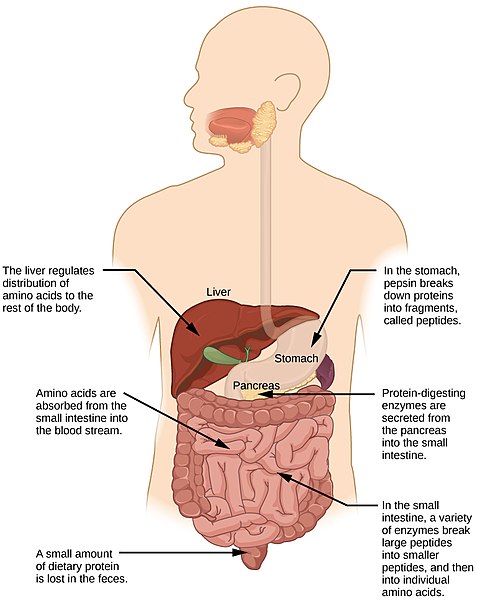
by Dr. Michael Murray | Jan 15, 2019 | Healing Food Facts, Most Recent, Natural Facts
Introduction Is memory loss and decreased brain power inevitable as we age? Many people in their 40s, 50s and beyond are told that it is and there is nothing that can be done about it. Is that true? Of course not. Steps can be taken to not only stop memory loss, but...

by Dr. Michael Murray | Jan 8, 2019 | Healing Food Facts, Health Conditions, Most Recent, Natural Facts, Weekly Health Tips
Introduction One of the biggest mistakes that people with diabetes or desiring weight loss do is stay away from fruit. While it is true that fruits contain natural sugars that have the potential to stress blood sugar control, they are also rich in fiber, antioxidants,...
by Dr. Michael Murray | Aug 8, 2018 | Healing Food Facts, Most Recent, Natural Facts
Introduction Another study indicates that even on a gluten-free diet many people with celiac disease or gluten sensitivity are inadvertently being exposed to enough gluten to continue to produce symptoms. Fortunately, new data shows that supplementation with gluten...

by Dr. Michael Murray | Jul 18, 2018 | Most Recent, Natural Facts
What if in the treatment of depression, food prescriptions replaced antidepressant drugs? There are so many nutritional approaches and natural products with proven clinical benefit in boosting positive mood that it is only a matter of time. A new study with...

by Dr. Michael Murray | Jul 5, 2018 | Natural Facts
Seven BIG Reasons to Love Whey Protein The protein market is booming from powders, bars, and beverages. Much of the increased demand reflects the push towards plant-based alternatives to animal-based proteins. Collagen protein from bone broth is another big player. I...

by Dr. Michael Murray | Jun 6, 2018 | Healing Food Facts, Natural Facts, Supplements, Treatments and Research
Gut health is a growing health craze for good reason. Digestive issues are a widespread problem affecting roughly one out or every three adults that contributes to millions of doctor visits in the United States every year. In an effort to improve their digestive...








